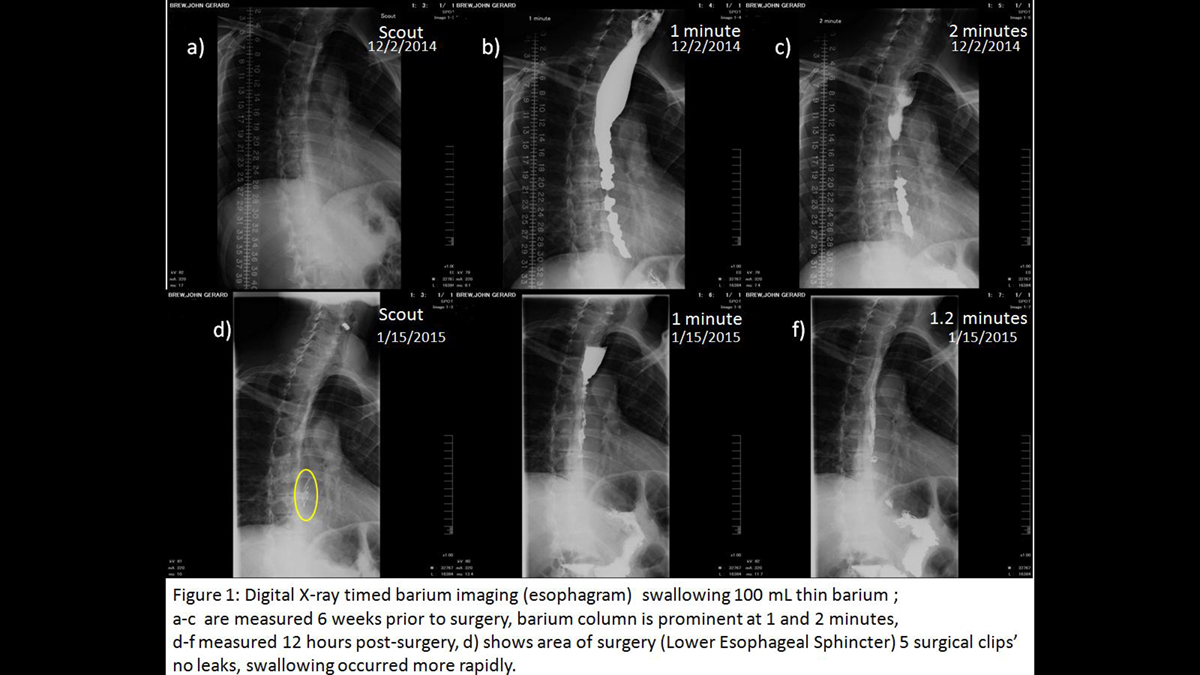
What is Dysphagia?
Dysphagia is the Latin name for a swallowing disorder that manifests as a feeling of the food bite "getting stuck" in the throat or chest. Pinning can be felt high in the neck or lower, behind the sternum.The act of swallowing is a complex act which involves the mouth, pharynx and esophagus. The proper function of swallowing assumes many muscles and nerves participating. Part of the swallowing act is willing (people can control the contraction of muscles), and part is not under the influence of human will (it is administered by the autonomous nervous system).
Disruption in any part of food passing from the mouth to the stomach can result in difficulties in swallowing.
Causes of Dysphagia
Difficulties in swallowing (dysphagia) can be caused by insufficient food chewing, too fast eating, gastroesophageal reflux, stroke, neurological diseases and some tumors of the digestive tract.Also, dysphagia can be a result of mouth and throat disorders and diseases, emotional problems (anxiety), cervical spine diseases, esophageal diverticula, neuromuscular disorders (Parkinson's disease, Huntington's disease, multiple sclerosis, Amyotrophic lateral sclerosis, myasthenia gravis, muscular dystrophy, some infectious diseases such as syphilis, polymyositis), disorders and diseases of the esophagus, foreign bodies, diffuse esophageal spasm, hypertension of the lower esophageal sphincter and scleroderma.
These difficulties manifest as pain during swallowing (odynophagia), pressure or pain in the chest, bite stopping and heartburn. Also, there are some non-specific symptoms such as weight loss, food refusal, fever, coughing during eating, food fallout from the mouth and so on.
There are two types of dysphagia: dysphagia oropharyngealis and dysphagia oesophagealis. Functional dysphagia is defined as dysphagia without obvious organic cause.
Esophageal dysphagia is almost always caused by some pathological process. First, food rich in fiber creates a problem while in the later stages, the condition worsens so that even the liquids become difficult to swallow.
There are several potential causes of dysphagia.
V , IX and X cranial nerve damage or diseases such as encephalitis and poliomyelitis can cause difficult of completely disabled swallowing.
Achalasia is a disorder in which the last few centimeters of the esophagus do not relax. It may cause hampered food passing to the stomach, and in extreme cases, the flow of food to the cardia is fully disabled.
Gastroesophageal reflux (acid returning from the lumen of the stomach in the bottom of the esophagus ) can damage esophagus’s cells and cause malignant alteration.
Dysphagia mainly occurs in the elderly in the difficult or easier form. 16% of men and 25% of women suffer from this disorder. Food may reach the respiratory tract as a result of dysphagia. This can cause pneumonia, which can be lethal among older people.

















Your thoughts on this
Loading...